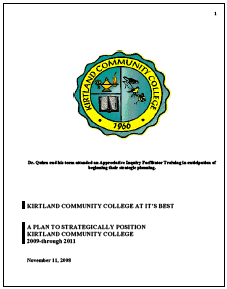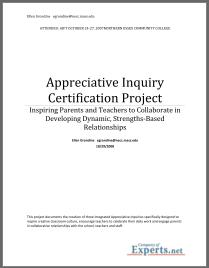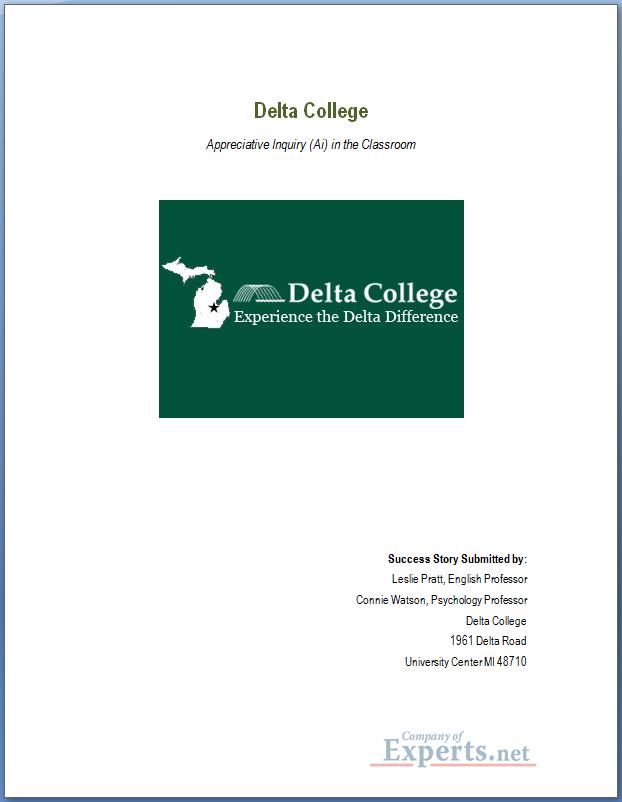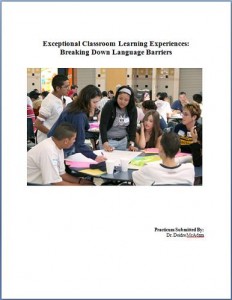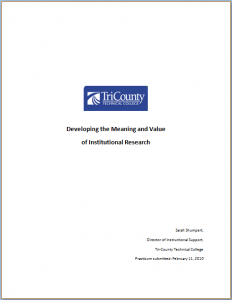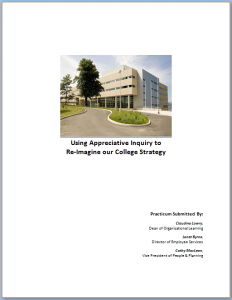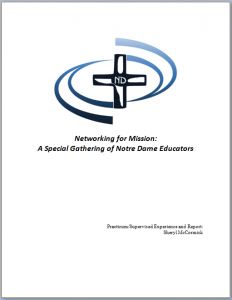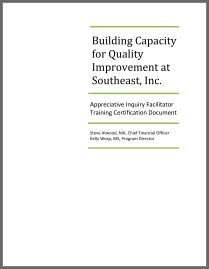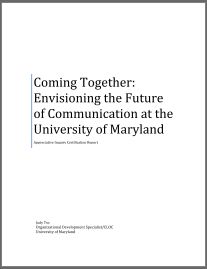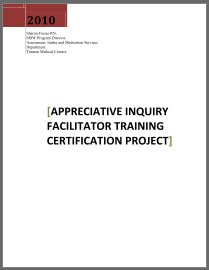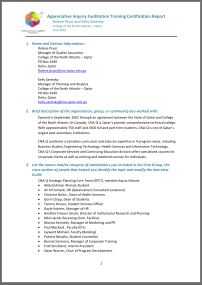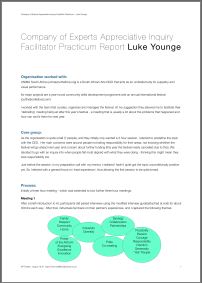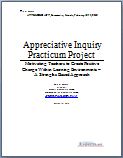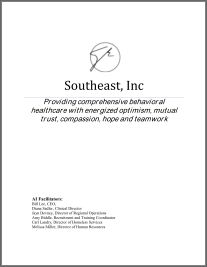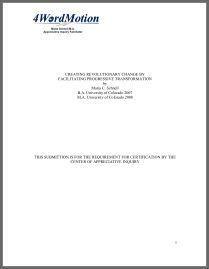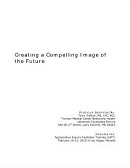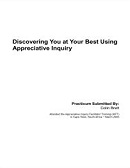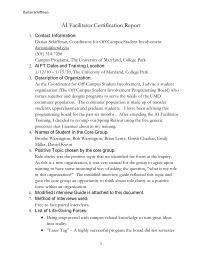Editors: Jeanie Cockell and Joan McArthur-Blair
Working Title: Inclusive Spaces: Using Appreciative Processes to Transform Social Structures
For AI Practitioner ~ August 2012 Issue
Focus of the Issue:
The August 2012 issue of the AI Practitioner will focus on how the practice of Appreciative Inquiry (AI) fosters and opens inclusive spaces in organizations of all kinds. We invite Appreciative Inquiry practitioners to share articles, stories, case studies, reflections, art, images, poetry, research, models and theory regarding creating inclusive spaces. We are particularly interested in how Appreciative Inquiry has generated those inclusive spaces with emancipatory and social justice frameworks such as transformative education or critical theory.
Challenging and Transforming Social Structures:
Jeanie Cockell used AI as a research methodology for her doctoral dissertation (2005), ‘Making Magic Facilitating Collaborative Processes’ (available on the AI Commons). One of the primary findings of that research was the notion of ‘Critical Appreciative Processes.’ These processes combine Appreciative Inquiry, transformative education and critical theory. The critical element recognizes and challenges oppressive social structures and the appreciative element is the means for dialogue to transform those structures.
As both Jeanie Cockell and Joan McArthur-Blair have worked with Critical Appreciative Processes they have renamed it ‘Critical Appreciative Inquiry’ (CAI) to more clearly focus on the power of the inquiry. CAI attempts to blend the powerful work of AI with a deep understanding of the issues ofpower, privilege and diversity.
Seeking Inclusion and Understanding Difference:
These concepts from transformative education and critical theory which seek inclusion and an understanding of difference can deepen our practice of AI. Transformative education suggests the need for a critical lens that surfaces the impact of social structural differences on people’s ability to participate and be included. Transformative education and critical theory recognize that we come from different social constructions based on race, gender, ethnicity, culture, sexual orientation, ability, religion and class; and Appreciative Inquiry lends itself to creating inclusive spaces where people feel respected and connected to each other.
Creating Inclusive Spaces
The editors have a passion for creating inclusive organizations and seek to engage AI practitioners to share their passions for working with AI through social justice and emancipatory lenses. One brief example of using Critical Appreciative Inquiry was facilitating ‘team building’ for all of the staff in an aboriginal community school. The critical piece was acknowledging the power differentials due to race. The people with positional power, the teachers, were 75% non-aboriginal and all the teaching assistants were aboriginal. After two days of Appreciative Inquiry in early September with a follow-up day in January, the teaching assistants moved from hiding in the back of the room to full engagement, speaking confidently about their views of team work at the school. All voices were now contributing to how to the school could be a more inclusive space.
Preparing Your Proposed Contribution:
Here are some questions that may be useful to reflect upon as you think about your contribution to the issue.
- How and where do you practice awareness of and respect for the diversity of others?
- How do you positively address the issues of who has power?
- Who gets included in AI processes and what processes facilitate that?
- How do you create spaces that foster transformation?
- How do you use re-framing and dialogue to move from a problem focus to a possibility focus when working with the profound issues of exclusion?
- What have you considered, as an AI practitioner, as you have blended critical theory and AI?
- How do you reflect on or find space for your own differences and worldviews?
Some possible topics:
- AI and creating inclusive spaces
- AI across differences – culture, ethnicity, gender, race, sexual orientation, ability, religion, class
- AI and power and privilege
- AI in highly diverse organizations
- AI and conflict transformation
- AI and social justice
- AI and holistic organizations
- Critical theory, AI and organizational change
- Personal reflections on diversity and being an AI practitioner
- Others related topics
Proposals for the August 2012 AI Practitioner issue are due by December 1, 2011. Full proposal details can be found here.


